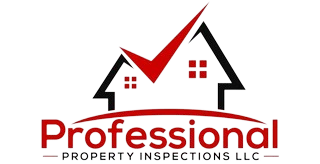Purchasing, selling, or maintaining a home is a significant investment. Requesting a home inspection means you’re learning the real condition of the property. This ultimate guide covers what happens during house inspections. We’ll cover what inspectors look for and how the best home inspection services help you make smart decisions.
The Purpose of a Professional Home Inspection
Why a Home Inspection Matters
A thorough home inspection goes far beyond surface appearance. It finds hidden structural issues. It also reveals safety concerns and maintenance needs that might be missed. This evaluation helps buyers avoid surprise repairs. It also lets sellers fix problems before they arise. For homeowners, it’s an excellent way to monitor your property’s health and maintain long-term value.
Who Benefits from an Inspection
Both buyers and sellers benefit. Buyers gain peace of mind and better negotiating power. Sellers boost their home’s appeal. Homeowners can also gain from property inspections. These checks help them monitor the condition of their investment. A report from leading home inspection experts helps people make confident decisions.
What a Certified Home Inspector Does
Licensed home inspectors will check the whole house, both inside and outside. They will point out problems and suggest solutions. Their impartiality ensures recommendations are honest and focused on your best interest. They provide clarity and eliminate guesswork during real estate transactions.
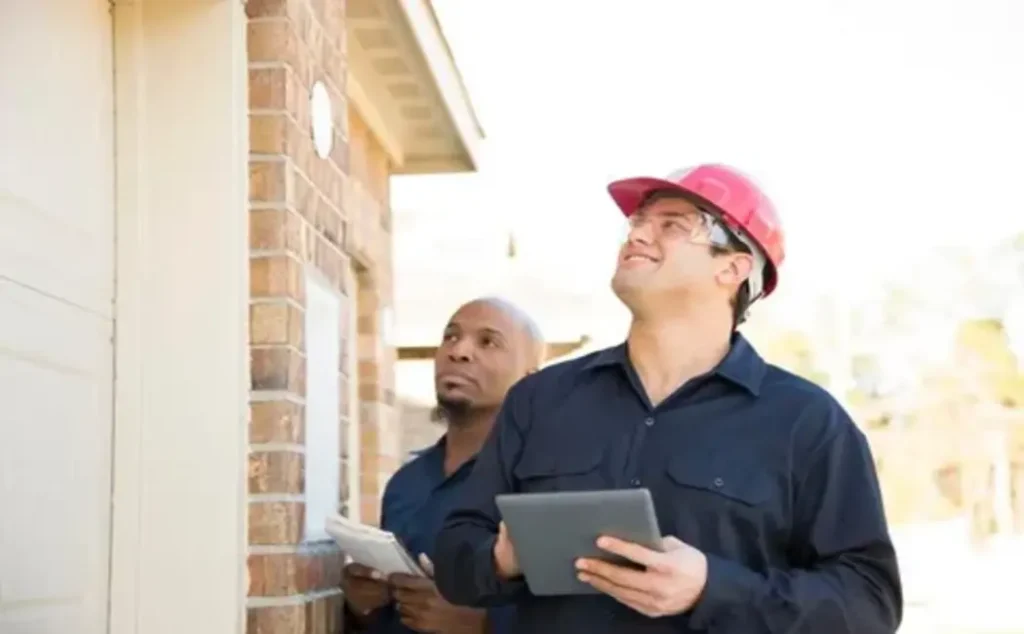
Scheduling and Pre-Inspection Preparation
Choosing the Right Inspection Service
Before scheduling, confirm that your provider is certified in home maintenance inspection services. A solid company, such as Professional Property Inspections LLC, offers reliable and detailed results that meet all standards. Look for companies with experience, positive reviews, and a reputation for thoroughness.
Preparing the Property for Inspection
Homeowners should tidy access points, clear basements, and ensure utilities are active. A clean, accessible home helps the inspector focus on the job, reducing overall time and expense. It also demonstrates care and responsibility, which can positively impact the report’s tone.
What to Expect on Inspection Day?
Arrive with the inspector and review their tools and approach. They will do a thorough walkthrough. They will note problem areas with clear descriptions and pictures. You’ll benefit from being present to ask questions and get real-time explanations.
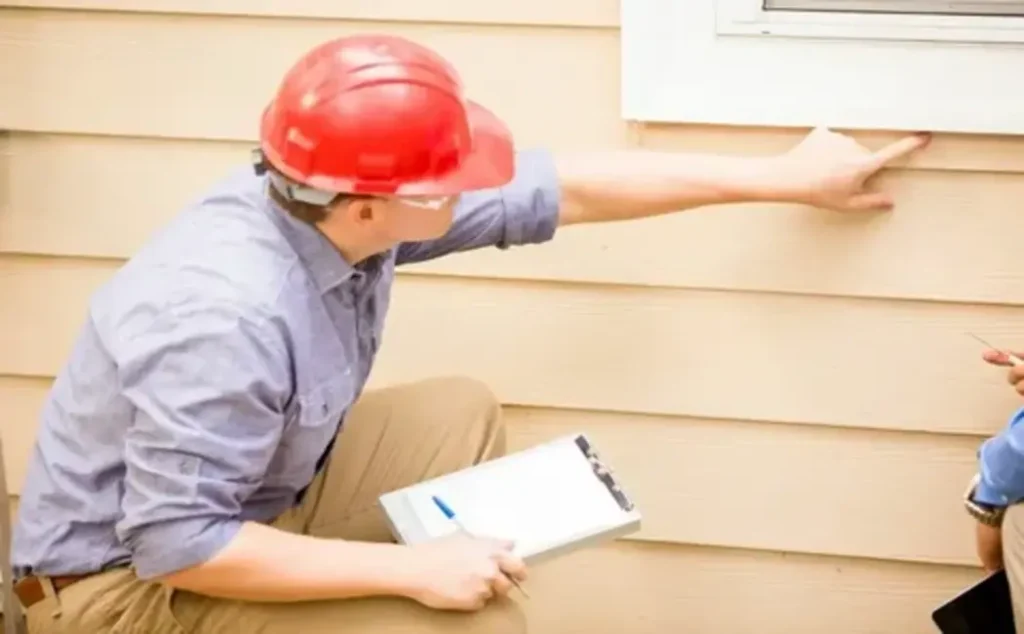
What Happens During the Inspection?
Structural and Foundation Assessment
Inspectors check for foundation cracks, moisture leaks, deflection, and any signs of shifting. These are all potential red flags. Any signs of water damage or sinking could indicate a need for foundation repair, which is costly if undetected early.
Roofing, Attic, and Exterior Review
Inspectors check for missing shingles, bad flashings, and worn gutters. They look at how well the home protects against rain, wind, and weather. We check the attic for ventilation, leaks, and insulation. This is key for energy efficiency and preventing mold.
Systems and Utilities Inspection
We check everything related to electrical, plumbing, and HVAC. We look at their age, how well they work, if they follow codes, and any safety issues. Home inspector reports typically outline needed updates and safety hazards. Older systems often require updates to meet current codes.
Interior Checks: Hygiene, Insulation, and More
Inspectors check insulation quality, look for moisture buildup, and find damage. This includes issues like wood rot, mold, and pests. These elements impact not only home health but also energy costs and long-term maintenance.

The Inspection Report
What You’ll Receive
You will receive a detailed report that includes:
- Structured summaries
- Severity ratings
- Recommended fixes
It will also have photos, cost estimates, and timelines.
These reports are valuable negotiation tools.
How to Interpret the Findings?
Learn to prioritize issues: must-fix (safety), should-fix (functionality), and cosmetic concerns. Use this as a decision-making tool during real estate negotiations. Don’t let minor concerns overshadow the overall condition of the property.
Planning Repairs and Maintenance
Follow the inspector’s advice. Plan immediate repairs and long-term maintenance. Set a budget to cover these costs. Regular use of a home inspector report can help plan future upgrades and ensure your home remains safe and efficient.
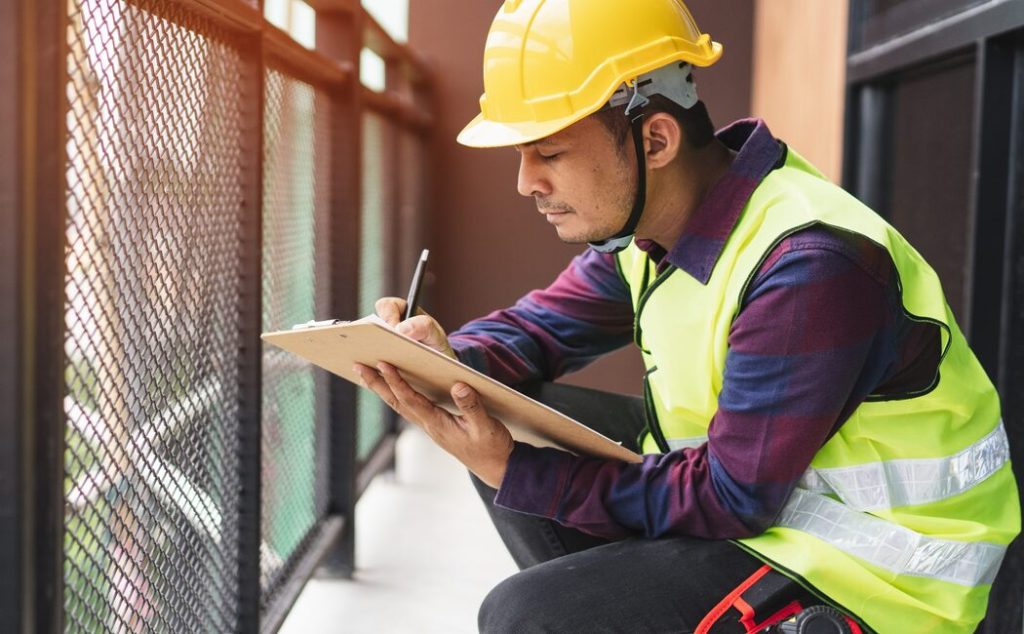
Post–Inspection Follow-Up
Negotiation and Decision-Making
Buyers can ask for repairs or price changes. Sellers can fix issues quickly to speed up the sale. A professional inspection provides an unbiased basis for these conversations.
Re-inspection and Verification
Re-inspections confirm that corrections were properly made. A new home inspection company can verify that previous issues were resolved satisfactorily. This is often a requirement by mortgage lenders before closing.
Regular Inspections for Homeowners
Regular inspections by home maintenance experts help stop expensive repairs. They ensure that your home’s structure and systems stay reliable over time. Preventive care saves thousands in emergency fixes.
Why Choose Professional Property Inspections LLC?
Looking for reliable professional house inspections? Professional Property Inspections LLC delivers thorough, accurate, and unbiased evaluations. Our licensed experts use tools like moisture meters and thermal imaging. They provide detailed home inspection reports. Our home inspection services offer great insight and peace of mind. Whether you’re buying a home, getting ready to sell, or taking care of your property, we can help.
We specialize in:
- Pre-purchase inspection for buyers
- Residential property inspection and reports
- Comprehensive home inspection services for real estate agents and brokers
- Ongoing home maintenance inspections for owners
With a trusted track record and professional approach, we help you move forward confidently with your investment.
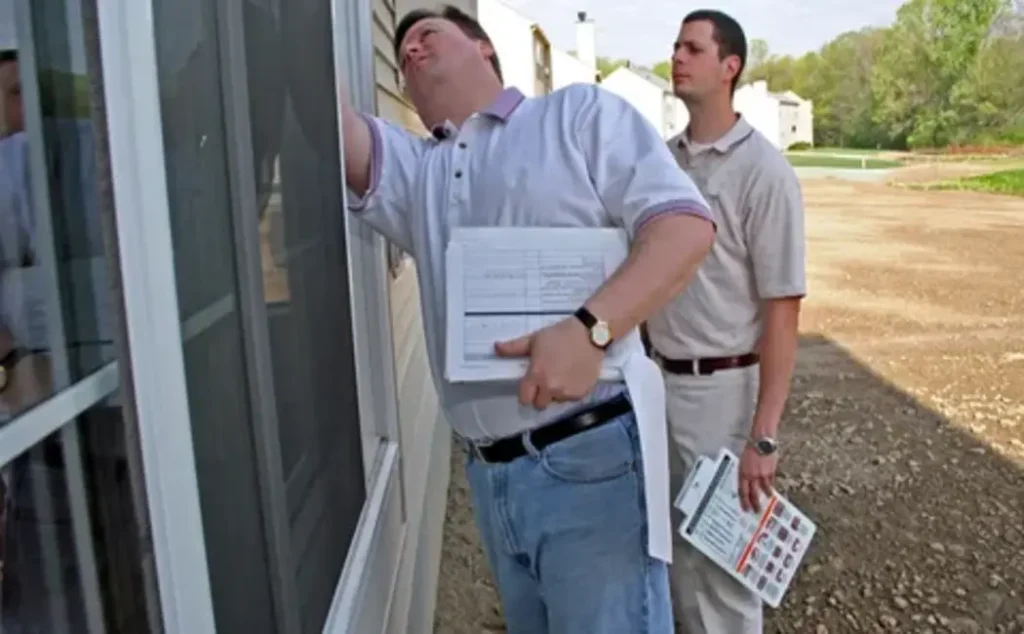
Conclusion
A professional home inspection is a critical tool for protecting your real estate investment and family safety. Understanding the inspection process, from scheduling to follow-up, informs smarter decisions. A careful inspection by licensed home inspectors helps you buy, sell, or maintain your home. This ensures lasting value and enables you to avoid expensive surprises.
Let Professional Property Inspections LLC help you. We offer expertise, transparency, and excellent service.
FAQs About Professional Home Inspections
Q1: How long does a typical home inspection take?
Usually 2–4 hours, depending on home size, complexity, and buyer-seller presence.
Q2: Does a home inspection “pass” or “fail”?
No inspections highlight issues to help guide decisions, but there is no pass/fail score.
Q3: Should I attend the inspection?
Yes! Following along can give firsthand insight and opportunities to ask questions.
Q4: What happens if the home is newly built?
Even brand-new homes benefit from inspections to catch contractor oversights or code discrepancies.
Q5: When do I receive the inspection report?
Inspectors typically deliver detailed reports within 24–48 hours.
Q6: What is a pre-purchase inspection?
A pre-purchase inspection happens before finalizing a sale, giving buyers full insight into the home’s condition.
